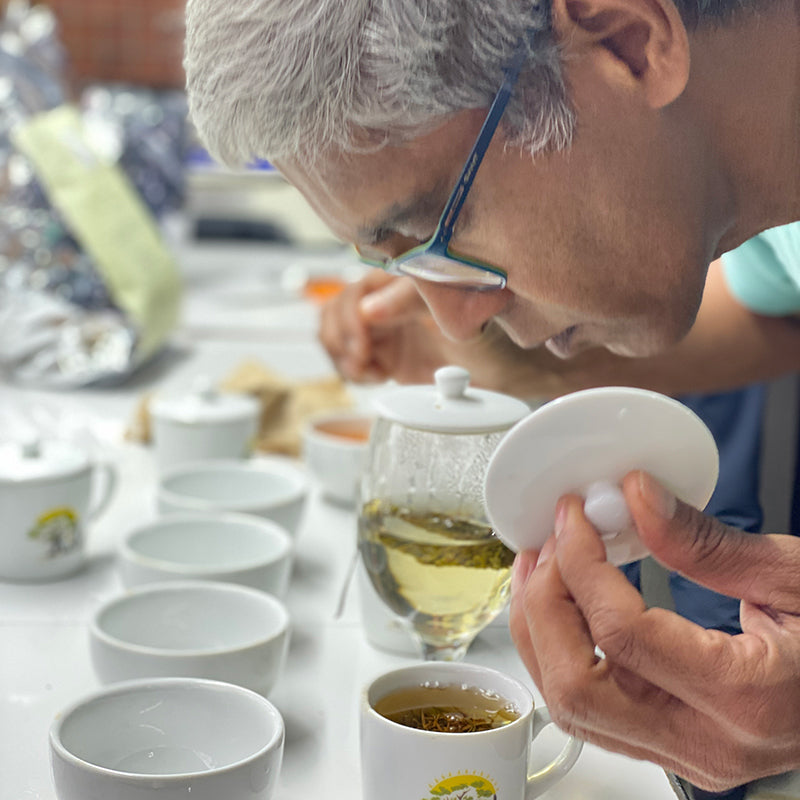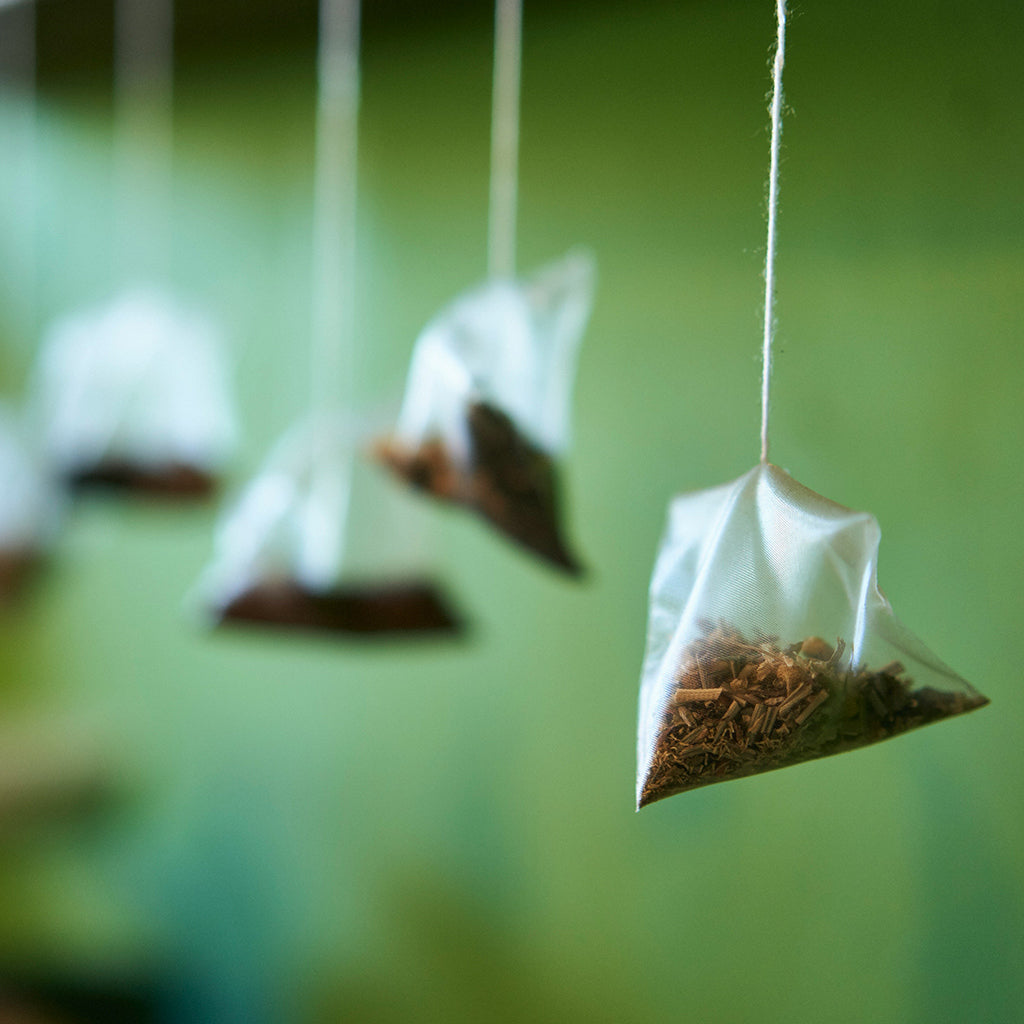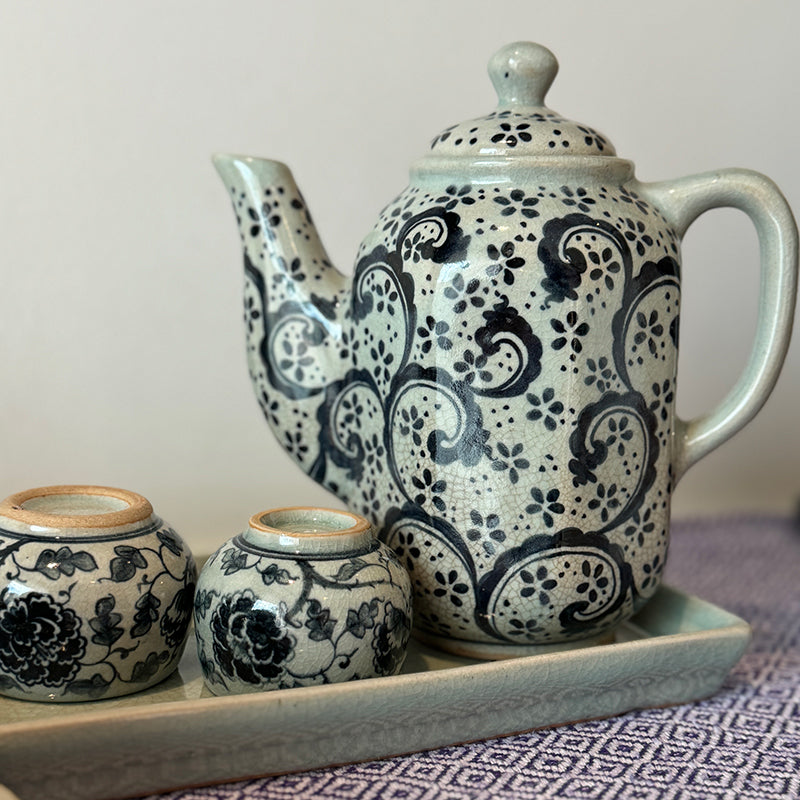For centuries, humans have relied on the daily ritual of starting their mornings with a comforting beverage to kick-start their day. Tea and coffee, two globally beloved beverages, have remained frontrunners in this daily morning duel. While both beverages offer unique flavours, aromas, and effects, the battle of tea vs. coffee continues to divide enthusiasts. In this article, we delve into the qualities and benefits of each, aiming to help you decide which morning elixir suits your taste and lifestyle best.

The Morning Boost
Coffee Coffee, the dark and invigorating elixir, has long been synonymous with the morning routine for countless people around the world. Its robust flavor and caffeine kick provide an instant burst of energy, making it an ideal choice for those who require a jolt to get going. The stimulating properties of coffee can enhance alertness, focus, and even temporarily alleviate fatigue.
However, the downside of this intense jolt is the inevitable crash that may follow. The rapid release of energy can lead to a sudden drop, leaving some individuals feeling drained and jittery later in the day. Furthermore, coffee's high caffeine content can interfere with sleep patterns if consumed in excess or later in the afternoon.

The Zen Start
Tea, on the other hand, offers a more soothing and serene morning experience. With a vast array of flavors and varieties, from the earthy notes of green tea to the robust richness of black tea, it caters to a wide range of palates. While tea contains caffeine, it generally has lower levels than coffee, resulting in a more gradual and sustained release of energy.
The gentle boost provided by tea allows for improved mental clarity without the extreme highs and lows associated with coffee consumption. Additionally, tea contains various antioxidants and polyphenols, which offer potential health benefits, including enhanced immunity and reduced risk of chronic diseases.

Digestive Benefits
Beyond the energy boost, both tea and coffee can have positive effects on digestion. Coffee, with its higher acidity, can stimulate stomach acid production, potentially aiding digestion after a heavy meal. However, this can be a downside for individuals with sensitive stomachs, as it may lead to acid reflux or gastrointestinal discomfort.
Conversely, tea's lower acidity is generally gentler on the stomach, making it a more agreeable choice for those prone to digestive issues. Herbal teas, in particular, such as peppermint or chamomile, are renowned for their soothing properties, helping to ease stomach troubles and promote relaxation.
Customization and Social Aspects
Another aspect to consider is personalization. Coffee enthusiasts enjoy the versatility of brewing methods, from a simple drip to more intricate espresso-based concoctions. Coffee shops have also become social hubs, fostering a sense of community for caffeine aficionados.
Tea, too, has a thriving culture with various brewing techniques and rituals worldwide. The art of tea ceremonies and the meditative aspects of preparing a cup of tea add a different dimension to the morning routine. Moreover, sharing a pot of tea with friends or family encourages bonding and relaxation.
Ultimately, the choice between tea and coffee as the perfect morning companion depends on individual preferences and lifestyle needs. Coffee excels in providing an immediate boost of energy and a wide range of beverage options. Still, it may not be the best fit for those sensitive to caffeine or seeking a more gradual energy release.

On the other hand, tea's gentle and calming properties offer a smoother start to the day, with added health benefits and a diverse range of flavors. Whether you opt for the boldness of coffee or the tranquility of tea, both beverages have earned their place in our hearts, ensuring that each morning begins with a comforting sip that sets the tone for the day ahead.
So, as you embark on your daily morning ritual, remember that the perfect choice lies in the cup that brings you joy and suits your unique lifestyle.




